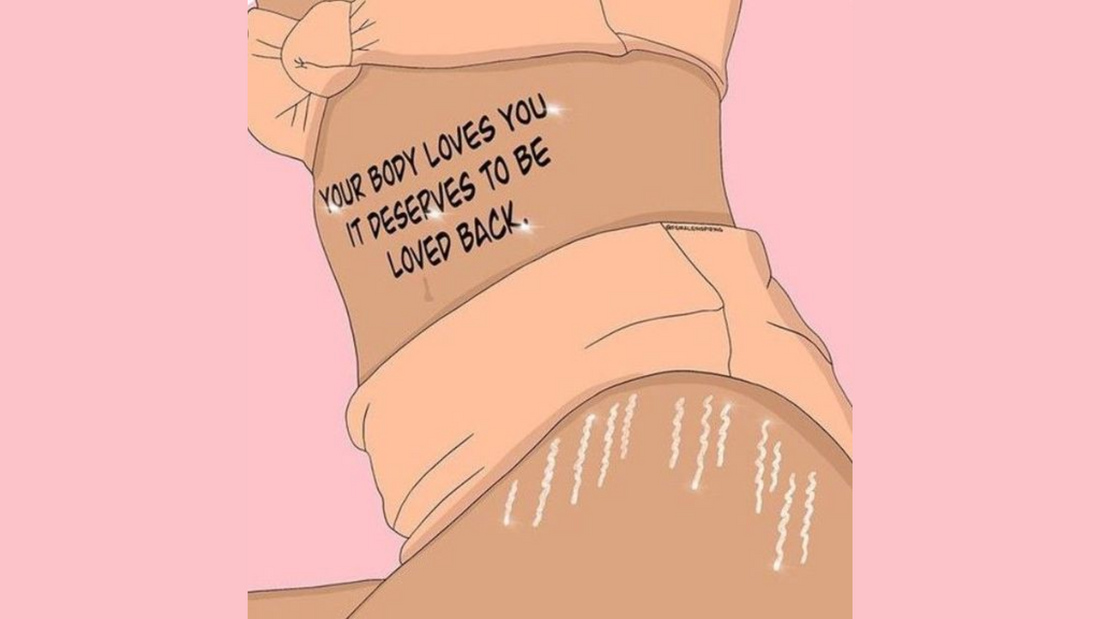
Overcoming Body Dysmorphia and Nurturing Self-Esteem
KFTS BloggersShare
By Rashie
Nowadays, there is tremendous societal pressure to conform to specific beauty standards, and this can be extremely overwhelming for many people. As a result, a significant number of individuals struggle with body dysmorphia, a mental health condition characterized by perceiving one's appearance in a distorted way.
Body dysmorphia has a profound impact on self-esteem, often resulting in feelings of inadequacy, self-consciousness, and even depression.
How does Body Dysmorphia affect self-esteem?
Body dysmorphia with respect to self esteem can result in the following issues:
- Body dysmorphia has a profound influence on an individual's self-esteem, causing a continuous and negative perception of oneself and generating emotions such as shame and a sense of worthlessness.
- People affected by body dysmorphia frequently find themselves trapped in an unrelenting cycle of self-criticism, constantly comparing their appearance to unrealistic standards, and seeking validation from others.
- This cycle perpetuates and strengthens negative beliefs about their own appearance, further deteriorating their self-esteem and perpetuating the distressing symptoms associated with body dysmorphia.

How can you increase your self-esteem?
- Challenge negative self-talk: Become aware of the negative thoughts and beliefs you have about your appearance. When you catch yourself engaging in negative self-talk, challenge those thoughts by asking yourself if they are based on facts or distorted perceptions.
- Focus on your strengths: Shift your focus from your perceived flaws to your strengths, talents, and achievements. Make a list of your positive qualities, skills, and accomplishments. Celebrate and appreciate what makes you unique and valuable as an individual.
- Practice self-care: Take care of your physical and mental well-being. Engage in activities that make you feel good about yourself, such as exercising, practicing mindfulness or meditation, pursuing hobbies you enjoy, and spending time with supportive people.
- Surround yourself with positive influences: Surround yourself with people who uplift and support you. Seek out friends and loved ones who appreciate you for who you are and encourage your self-esteem. Minimize interactions with individuals who bring you down or perpetuate negative body image ideals.
- Limit exposure to triggering content: Be mindful of the media and social media content you consume. Unfollow or mute accounts that trigger negative feelings or comparisons. Instead, follow accounts that promote body positivity, self-acceptance, and diversity.
- Set realistic goals: Set achievable goals that are not solely based on appearance. Focus on personal growth, education, a career, or hobbies that bring you fulfillment and a sense of accomplishment. Accomplishing these goals can help boost your self-esteem.
Overcoming body dysmorphia and cultivating self-esteem is an ongoing journey that requires patience, self-reflection, and support. By seeking professional help, challenging negative thoughts, building a supportive network, prioritizing self-care, and focusing and reminding yourself that every individual is unique, the struggle with self-esteem and body dysmorphia might seem to be a way to end. In the end, inner beauty lies within oneself.

